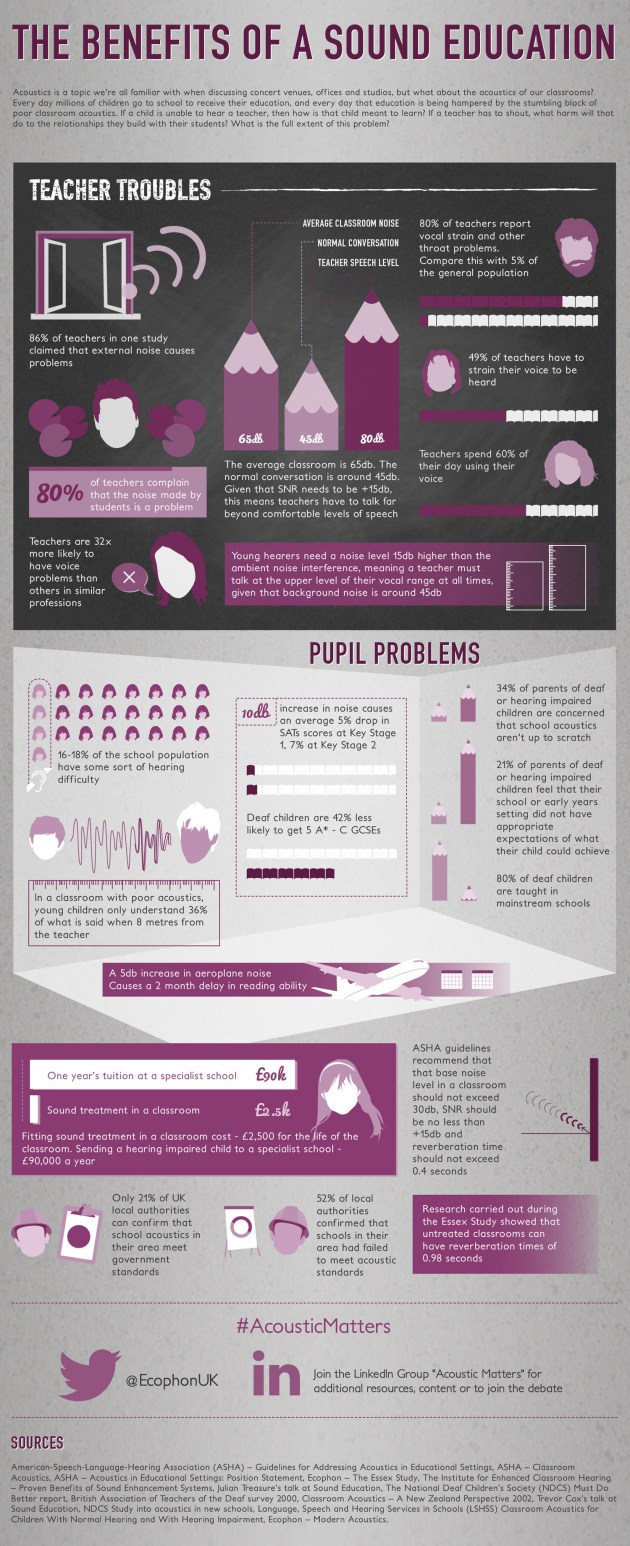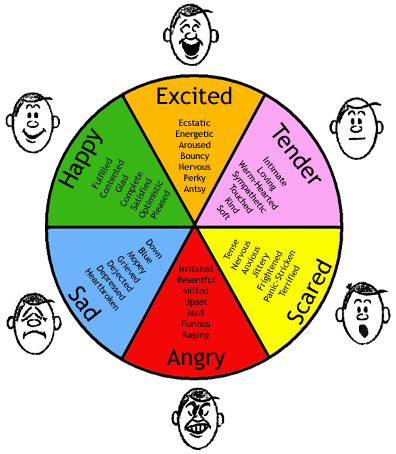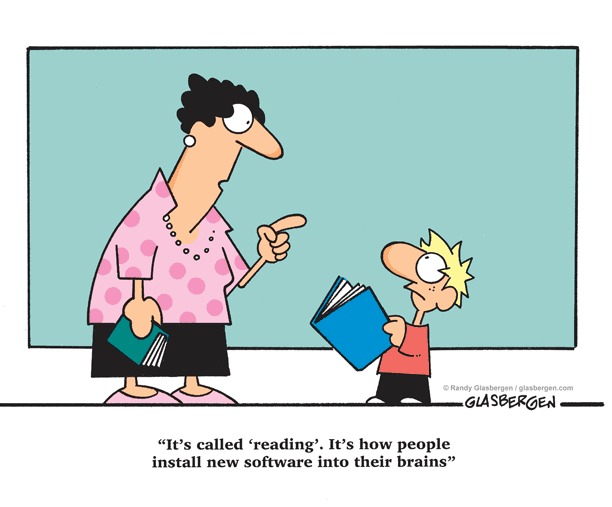When it comes to classrooms, a new study suggests it might actually be beneficial to crank up the volume, for children with hearing loss at least. The study, from Jessica Sullivan, assistant professor of speech and hearing sciences at the University of Washington found that a noisy classroom environment could help train youngsters with hearing-impairment who struggle to comprehend speech over the sound of the environment. Normal brains do this on a daily basis, sorting out background sounds of the music playing to help us listen to the conversation. But for hearing impaired children, this task is not so easy. Children with hearing loss take in sound more slowly, and the brain isn’t experienced or equipped enough to drown out the background noise. This study helps support speech therapy techniques and treatment methods for children with hearing loss and is the first of its kind to demonstrate that auditory training with noise can work in children. Continue reading
5 At-Home Speech Therapy Activities for Valentines Day
Speech Therapy Techniques
Holidays are a great opportunity for building language-based activities at home and incorporating the entire family. They are fun, motivating and usually involve sweets (yum!). Celebrate Valentines Day with a variety of speech and language therapy techniques that are easy to incorporate into your traditions, or build new ones!
Too Many Temper Tantrums? Why Better Language Matters in Preschoolers
Language DevelopmentTired of too many time outs? It might not be your preschooler’s fault entirely. New research published in the journal of Child Development suggests temper tantrums might be tied to language abilities in preschoolers. According to the longitudinal study from Penn State, toddlers with more developed language skills are better able to manage frustration and less likely to express anger by the time they’re in preschool. This news highlights the importance of speech therapy techniques in early childhood that can reduce frustrations resulting from the inability to communicate effectively. Without the proper words, children can struggle to express emotions and feelings during times of frustration.
Language Development Relies on Conversation & Reading with Kids
NewsThe importance of reading with kids is undeniable, but what about conversing with them? Picture this: You come home from your banking job and begin talking with your child about the problems with PPI mis-selling and how banks are supposed to be paying out, but are instead rejecting claims that are later approved by the FOS in droves. The only problem? Your youngster is just 3 months old and instead of responding with a few lines about the Ombudsman’s FOS complaint time limits, he’s just thrown Cheerios at you. Despite the fact that your 3-month-old infant is currently incapable of grasping the intricacies of loan insurance scandals, speaking with him and giving him the opportunity to respond well may offer key benefits for his speech and language development, according to a study from researchers at UCLA. But do try to stick to conversations that he can participate in.
Reading with Children: Books & Techniques
Language DevelopmentLaura Bush said it best when she noted that, “Libraries allow children to ask questions about the world and find the answers. And the wonderful thing is that once a child learns to use a library, the doors to learning are always open.” We all know that reading is essential for education, but do you know why? Some of the many benefits of reading with children include speech and language development and improving listening skills. Exposure to various experiences, emotional development, and improved cognitive function are some of the other perks. Your child will learn new sounds and the rules of language just by listening to you read. And besides, reading with children is fun! It’s an opportunity to share a special time with your child and to watch the joy on his face as he hears his favorite story.





